10 types of scientist
Not all scientists wear white coats and work in labs. There are a wide variety of jobs and careers that require knowledge and application of science, from research to business and from regulation to teaching.
The Science Council has identified 10 types of scientist working today. Which type of scientist are you? Take our quiz to find out.
Business scientist
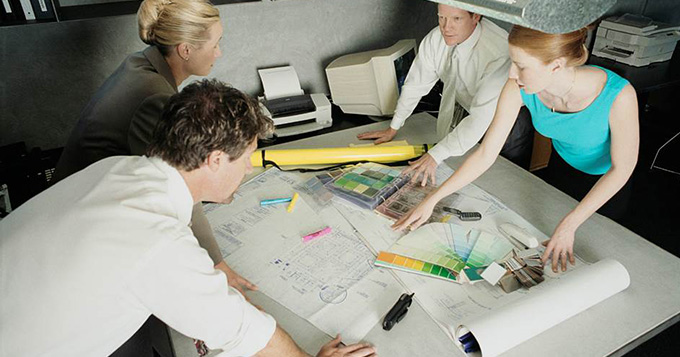
The Business Scientist underpins excellent management and business skills with scientific knowledge, supporting evidence-led decision-making within companies and other enterprises.
This type of scientist has the scientific and technical knowledge to be credible with both colleagues and competitors, as well as confidence in a business environment. They are found in science and technology companies in a wide variety of roles, from R&D or marketing, and to the C-suite itself.
Meet business scientists: Tim O’Hare CSci, Dr Abilash Nair CSci, Laura Wilkinson CSci
Communicator scientist
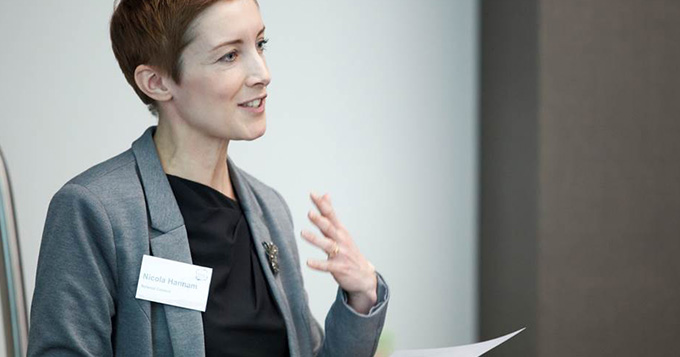
The Communicator Scientist combines their science and technological know-how with an ability to communicate. They enthuse, inform and get their message across through an empathy and understanding of the needs of the audience, expertise in how media and other communication channels work and, of course a deep knowledge of the science involved.
Science communicators are found across TV and radio, advertising and promotion, regulation and public affairs as well as social media. They may also have a full time job as another type of scientist.
Meet communicator scientists: Dr Kristy Turner CSciTeach, Dr Sharon Ann Holgate CSci, Tim O’Hare CSci
Developer scientist
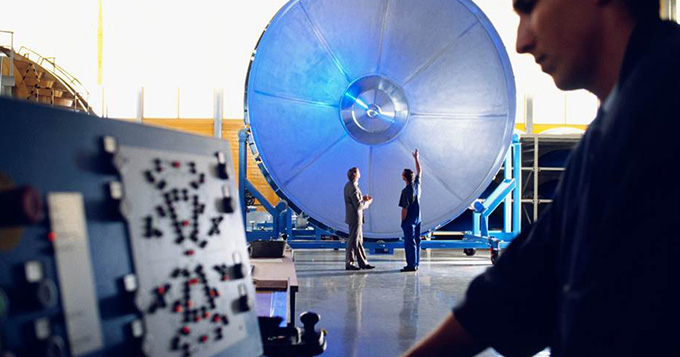
The Developer, or translational, Scientist uses the knowledge generated by others and transforms it into something that society can use. They might be developing products or services, ideas that change behaviour, improvements in health care and medicines, or the application of existing technology in new settings.
They are found in research environments and may be working with Entrepreneur and Business scientists to help bring their ideas to market.
Meet developer scientists: Tim O’Hare CSci, Dr Abilash Nair CSci, Ciara Wild RSci
Entrepreneur scientist
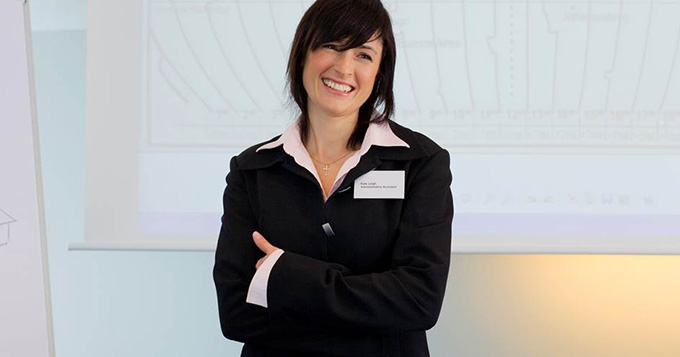
The Entrepreneur Scientist makes innovation happen. Their scientific knowledge and connections are deep enough to be able to see opportunities for innovation – not just in business, but also in the public sector and other sectors of society.
They blend their science knowledge and credibility with people management skills, entrepreneurial flair and a strong understanding of business and finance, to start their own businesses or help grow existing companies.
Meet entrepreneur scientists: Hayley Pincott RSciTech
Explorer scientist
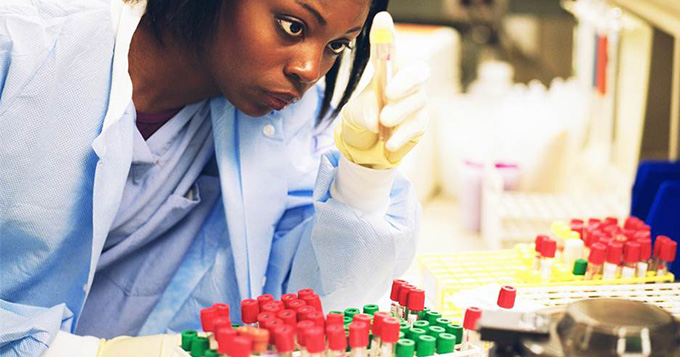
The Explorer Scientist is someone who, like the crew of the Enterprise, is on a journey of discovery “to boldly go where no one has gone before”. They rarely focus on a specific outcome or impact, rather they want to know the next piece of the jigsaw of scientific understanding and knowledge.
They are likely to be found in a university or research centre, or in Research & Development (R&D) at an organisation, and are likely to be working alone.
Meet explorer scientists: Jemma Walker RSci
Investigator scientist

The Investigator Scientist digs into the unknown observing, mapping, understanding and piecing together in-depth knowledge and data, setting out the landscape for others to translate and develop.
They are likely to be found in a university or research centre, or in Research & Development (R&D) at an organisation, working in a team and likely in a multi-disciplinary environment.
Meet investigator scientists:Dr Abilash Nair CSci, Samantha Powell CSci, Nick Adams RSci
Policy scientist
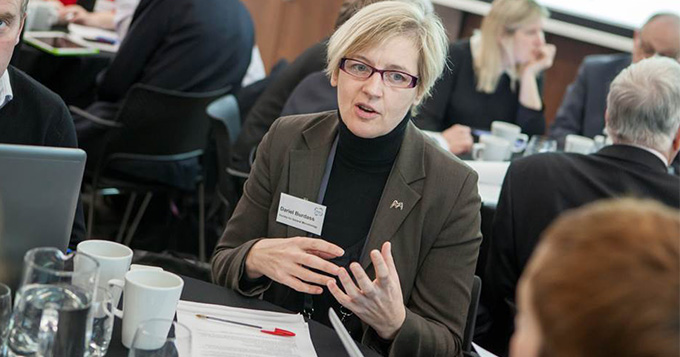
The Policy Scientist uses their science and technical knowledge, as well as their understanding of government and policy making, to ensure that legislation and policy have a sound evidence base. Some policy scientists describe themselves as 75% scientist and 25% politician.
This type of scientist is employed and involved at many levels and in many environments including government and Parliament, NGOs, campaigning groups and charities.
Are you a policy scientist? If you’re on our professional registers, contact us about the possibility of being featured as one of our case studies.
Regulator scientist
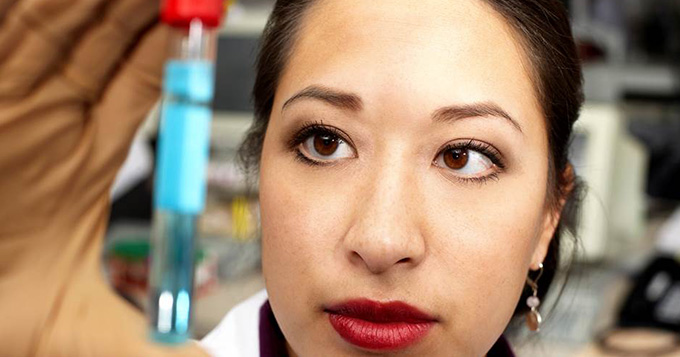
The Regulator Scientist is there to reassure the public that systems and technology are reliable and safe, through monitoring and regulation. They will have a mix of skills and while they may not get involved in things like lab work, they will have a thorough understanding of the science and the processes involved in monitoring its use or application.
They are found in regulatory bodies, such as the Food Standards Agency, and in a wide range of testing and measurement services.
Meet regulator scientists: Dr Jemma-Anne Lonsdale (PhD) CSci, Tim O’Hare CSci, Julia Duckworth RSci, Ciara Wild RSci, Gary Thorpe RSciTech
Teacher scientist
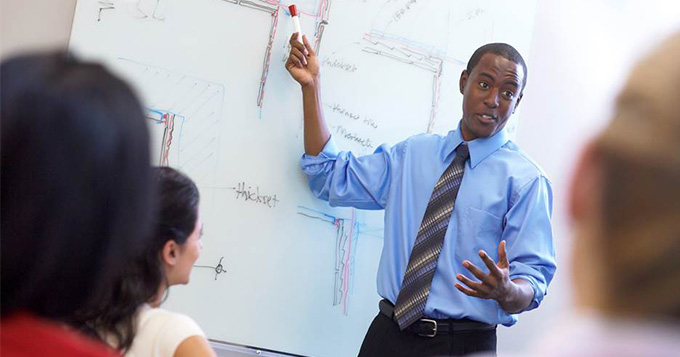
The Teacher Scientist is trained in science, sharing their knowledge and understanding to train the next generation of scientists. Their application of science is combined with pedagogic skill and passion for teaching others.
This type of scientist works in schools, colleges, universities and other educational organisations, developing their tools and experience for teaching and learning.
Meet teacher scientists: Dr Kristy Turner CSciTeach, Jennifer Glenc RSci, Amardeep Ghattaoraya CSci
Technician scientist
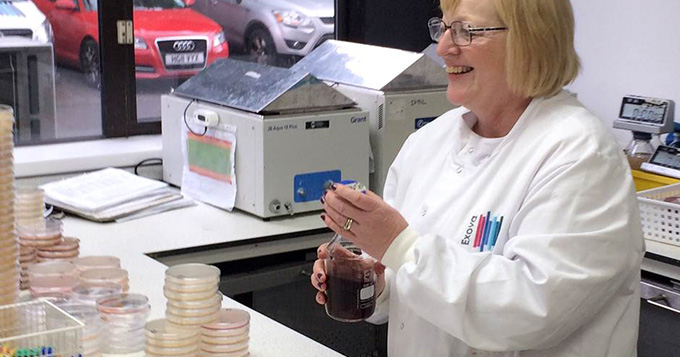
The Technician Scientist provides operational scientific services in a wide range of ways. These are the scientists we have come to depend on within the health service, forensic science, food science, health and safety, materials analysis and testing, education and many other areas.
Rarely visible, this type of scientist is found in laboratories and other support service environments across a wide variety of sectors.
Meet technician scientists: Laura Wilson RSci
Become a professionally registered scientist
Find how you could become a professionally registered scientist with the Science Council.
The right of the Science Council to be identified as the author of this work has been asserted in accordance with the Copyright, Design and Patent Act 1988.
© Science Council 2015

